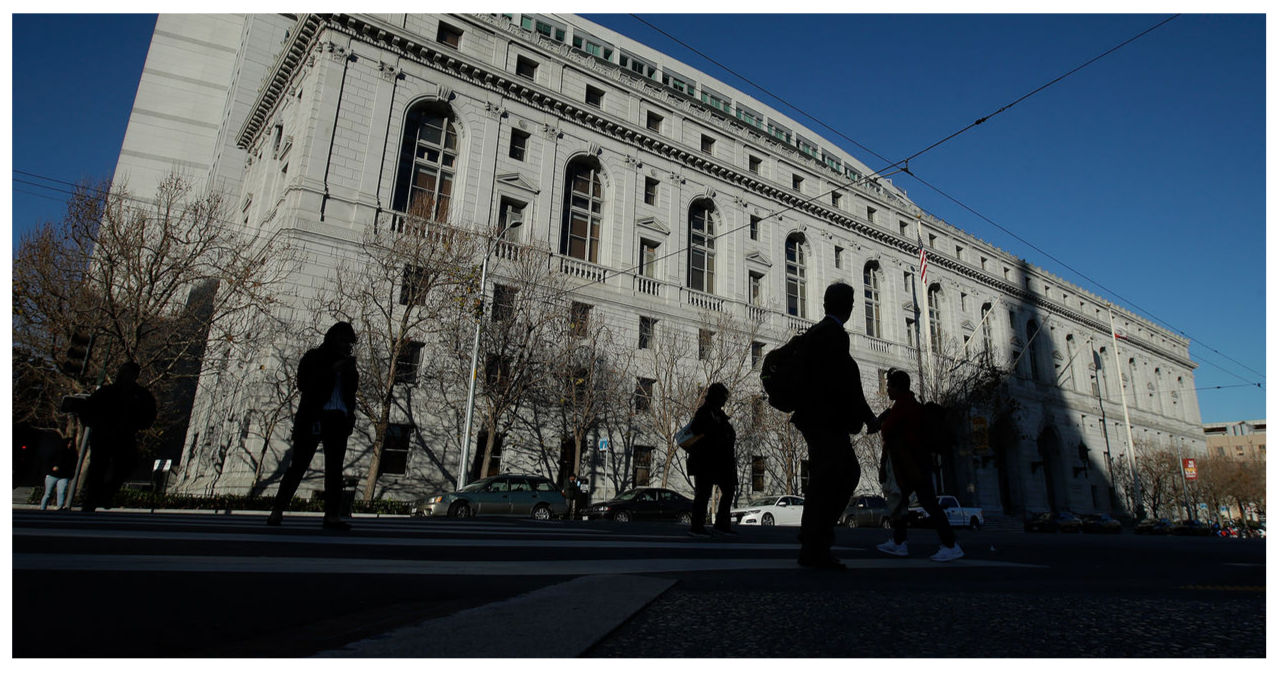Three years ago, the California Supreme Court issued a decision that was supposed to settle the matter regarding former Gov. Jerry Brown’s pension limit law. However, the courts are still grappling with the implications of this decision, and their rulings could have significant financial ramifications for government retirees. These decisions have the potential to result in an increase of thousands of dollars per year in pension benefits for retirees.
Last week, a state appeals court upheld the decision of the Ventura County Employees’ Retirement Association to revoke a benefit that had allowed government employees to boost their pensions in a manner prohibited by Brown’s 2013 law.
According to the Ventura County Star, the retirement fund in Ventura has estimated that complying with the pension law and adjusting its vacation “cashout” policy and other incentives could result in some retirees losing a few hundred dollars per month.
Several retirees who have been affected by the new pension rules are advocating for the pension board to apply these rules only to individuals who left civil service after 2020, when the state Supreme Court upheld Brown’s law. This approach aligns with the policies of several other retirement boards that have already been adopted.
Tracey Pirie, a retired manager from the Ventura County Sheriff’s Department, emphasized the significant impact that this can have on individuals’ daily lives. She stated, “This can determine whether they have enough money to buy food, pay their utility bills, or afford the necessary prescriptions.”
In July 2020, the California Supreme Court upheld Brown’s Public Employees’ Pension Reform Act, instructing the state’s 20 county-run pension funds to adhere to its provisions. This legislation aims to decrease the potential retirement income of government employees hired after 2013 by modifying pension formulas. Additionally, it places limitations on several financial incentives that were previously considered when calculating workers’ pensions, such as standby pay and excessive accrued vacation.
County funds have been reevaluating the amount owed to members whose pensions were initially calculated with the incentives that Brown’s law placed a cap on since the decision in 2020.
Pension funds in Sacramento and Los Angeles counties have recently reported that the process of making adjustments has proven to be exceedingly complex. Interestingly, some retirees are actually receiving money back because they had paid into the system for benefits that they will not be receiving.
Leave cashouts in California pensions
The 2nd District Court of Appeals focused on a specific issue in the Ventura case: the extent to which employees could convert their accrued leave hours into pension income during their final years of employment.
The 2013 law limits the maximum amount of leave an employee can accrue in a year and convert into cash. For example, if an employee accumulates 200 hours of leave in a year, they can cash out that specific amount of time and utilize the additional income for their pension, provided their contract allows it.
Prior to 2020, employees at Ventura fund had the flexibility to select either a 12- or 36-month timeframe for calculating their average income. These timeframes were not required to align with the calendar year. Additionally, within a 12-month period, employees had the option to convert unused hours of personal leave into vacation buydown allowances that exceeded the limit for a single year.
The Ventura retirement fund’s attorney, Ashley Dunning, referred to it as “pension spiking,” but the appeals court upheld the fund’s decision to prohibit such practice known as “straddling.”
A group of retirees wanted to maintain the previous policy, contending that Ventura County’s leave cashout policies were already stricter than what state law permits. One retiree mentioned in the lawsuit, Leroy Smith, who served as Ventura County Counsel, accrued 368 hours of leave annually. However, the county limited his pensionable leave cashout to 200 hours per year, which was significantly less than the amount of time off he accumulated each year.
David Mastagni, a lawyer based in Sacramento, who represents public safety unions and presented their argument in the 2020 pension case at the California Supreme Court, described the ruling by the appeals court as limited in scope. According to Mastagni, various other disputes are currently taking place throughout the state, addressing similar niche issues.
Furthermore, he mentioned that existing employees have the opportunity to negotiate and increase the number of hours they can cash out in a year. This would result in a scenario where individuals like Smith would be able to include more hours in their pension calculation.
“The ironic thing is if in their next contract the union negotiates that they can cash out an additional 40 hours per year, then it’s going to be perfectly legal,” he said.

